No doubt you have heard people say you need a million dollars (or some other nice round figure) in superannuation before you can afford to retire. Often they are the same people trying to sell you investment products or advice. Ignore them, because there is no magic number.
The amount of super YOU need to retire will depend on your personal circumstances, financial resources both inside and outside super, and your lifestyle. So before you set an arbitrary super target, block out the fearmongers and think about the big picture.
Setting your retirement balance target
To work out how much super you need, here’s a checklist of factors you should consider:
- Years in retirement
- Whether you are single or in a couple
- Whether you plan to keep working
- How much you spend
- Whether you own your home
- What other assets or income you have outside super
- Whether you are eligible for the Age Pension
- The rate of return your super earns in retirement
- Whether you want to help the kids.
You should also think about whether you will need to withdraw any of your super as a lump sum or if it will all be available to provide an income for retirement.
Years in retirement
With any luck you will get to choose the day you retire, but none of us has any way of knowing how long we will live. This is the known unknown of retirement planning and is the reason many retirees are reluctant to spend as much as they could possibly afford.
Today’s retirees can expect to live to an average age of 85 years for men and 87 for women. And that’s just an average; half will live longer, many into their 90s.
If you hope to retire at 60, say, keep in mind that your retirement savings may need to stretch 30 years or more. Once you work through this checklist and have a clearer idea of the financial resources at your disposal, you may decide to work a little longer. Or you could find you have more than enough to retire as planned.
Whether you are single or in a couple
It’s often said that two can live cheaper than one. That’s because couples can share the costs of everything from rent, home maintenance and utilities, to the running costs of a car and the replacement of white goods and home furnishings. Even travel is cheaper for couples because they can share accommodation, whereas singles generally pay a supplement.
Couples may also be able to do without the cost of home help or garden maintenance for longer than a single person living alone.
Whether you plan to keep working
By working part time or doing occasional consulting in the early years of retirement, you may be able to afford a better lifestyle or make your super last a few years longer. Not to mention the non-financial benefits such as social interaction and mental stimulation that can come with keeping a foot in the workforce.
You may even be able to work part time or periodically without impacting the Age Pension, if you are eligible.
How much you spend
To maintain your current lifestyle, it is generally suggested you need around 70% of your pre-retirement income. (This is based on mortgage costs amounting to around 30% of income and your home being paid off before you retire.) If you don’t own your home, hope to travel overseas or take up expensive hobbies, you may need more. Frugal homebodies may need less.
Lower income earners, especially those who rent, may need significantly more than 70% replacement income because they spend more of their pre-retirement income on necessities than wealthier individuals.
As you get close to retirement, work out how much you expect to spend and don’t forget to include aged care in your reckoning. The ASFA Retirement Standard provides itemised budget breakdowns for modest and comfortable lifestyles that may be a helpful starting point when planning your own retirement budget.
ASFA estimates singles need $51,278 for a comfortable retirement while couples need $72,148 (as at December 2023).
Whether you own your home
Owning your home outright by the time you retire not only provides you with somewhere to live rent free, but also insulates you from rising housing costs.
The acute shortage of social and affordable housing and rising rents have been felt keenly by retirees who rent on the commercial market, especially those dependent on the Age Pension. Research by National Seniors found rents have increased more than rent assistance in recent years. In some cases, older renters were paying 70% of their income or more on rent, with single retirees the hardest hit.
Keep this in mind when reviewing the ASFA Retirement Standard budgets for modest and comfortable lifestyles in the tables below, which assume retirees own their home.
Many of today’s retirees have a home that is worth more than their retirement super balance. This will change for future generations who have had the benefit of compulsory employer super for their entire working life (although on current trends fewer of them will own a home).
If you find you are asset rich and income poor in retirement, you may be able to tap into your home equity by downsizing to a smaller property. You may also be able to contribute up to $300,000 into your super account ($600,000 for couples).
Alternatively, you could take advantage of the government’s recently expanded Home Equity Access Scheme, which allows all retirees to borrow against the value of their home.
What other assets or income you have outside super
Australia’s retirement income system is based on three pillars – the Age Pension, compulsory employer super guarantee contributions and voluntary private savings inside and outside super. Make that four pillars if you include home ownership.
It’s savings outside super that tend to be overlooked in discussions about the size and adequacy of your super nest egg. Assets held outside super might include investments in property, shares or term deposits, business assets and trusts.
Also think about possible sources of income from activities such as renting out your spare room or granny flat.
Whether you are eligible for the Age Pension
Most Australian retirees receive a full or part Age Pension, so check with Centrelink to find out if you are likely to be eligible and how much you might receive.
For example, the maximum Age Pension (as at March 2024) is $29,028 per year for singles and $43,753 for couples combined.
To qualify for the maximum amount, single homeowners can have assets of up to $301,750 while non-homeowners can have up to $543,750. Homeowner couples can have assets of up to $451,500 (non-homeowners $693,500).
Singles can have income of up to $204 per fortnight while couples can earn $360 per fortnight combined and still receive a full Age Pension.
Even if your assets and income are above these levels you may still be eligible for a part Age Pension.
The rate of return your super earns in retirement
The amount you have in super at retirement is, happily, not the end of the story.
Once you retire and start drawing on your savings, the value of the investments in your super pension account should continue to grow. The higher the return you earn on your investments (after fees and other costs), the longer your savings will last.
Against this, you need to remember that higher returns come with higher risk. So the return you seek should take into account your tolerance for risk and the value you place on peace of mind.
Retirees are generally advised to reduce risk in retirement by dialling down their exposure to growth assets (shares and property) and increasing exposure to defensive assets (cash and fixed interest). The default setting for most pension funds is 41–60% growth assets. You may opt for a different asset mix, but it’s worth remembering that some exposure to quality growth assets will help guard against the risk that your money will run out before you do.
There is no way of accurately predicting future returns from financial markets, so you will need to set a realistic estimate based on historic performance over 20 years or more. Over the ten years to December 2023, growth pension funds (61–80% growth assets) returned 8.3% per year on average, net of fees. Balanced pension funds (41–60% growth) returned 6.6% while conservative funds (21–40%) returned 5.1%.
If you are using a retirement calculator, it’s important to read the underlying assumptions about investment returns and adjust the amount if it doesn’t align with your chosen investment option. For example, the TelstraSuper calculator models 11 different risk categories and rates of return for you to choose from.
The ASFA Retirement Standard uses an earnings rate of 6% per year to estimate the lump sum required to achieve a comfortable lifestyle in retirement. As at December 2023, it estimated singles would need $595,000 to afford a ‘comfortable’ annual income of $51,278. Couples would need $690,000 to provide a comfortable combined income of $72,148. These figures include the Age Pension.
Whether you want to help the kids
Super is designed to provide income in retirement, not to leave as an inheritance. Even so, it’s common for parents to want to help their adult kids and grandkids with money for a home deposit, school fees or to start a business.
It’s also common for retirees to hold onto the family home so it can be handed down as an inheritance, which limits their ability to downsize, borrow against their home equity or fund aged care down the track.
If you want to earmark funds to give to the family, or to charity, make allowances for this when doing your sums. You don’t want to shortchange your retirement years.
The impact of time and returns
Of all the factors discussed above, two major ones stand out as having a huge impact on how much super you will need. These are the investment returns you’ll earn in the future and how long you will live.
Please note that most projections for how much super you will need are only based on using an account-based pension product in retirement. From 1 July 2022, Australia’s Retirement Income Covenant requires all super funds (other than SMSFs) to enact a strategy to help retirees maximise retirement income, while balancing risks and the need for access to lump sums. In time, it is expected funds will offer a wider range of solutions to supplement account-based pensions.
Also keep in mind there is a cap of $1.9 million on the amount you can transfer into a super pension account when you retire. Amounts above $1.9 million may be left in a super accumulation account but will be taxed differently.
For case studies on working out how much super you’ll need and planning your retirement, see the following SuperGuide articles:
- How much super do I need to retire on $50,000 a year?
- How much super do I need to retire on $60,000 a year?
- How much super do I need to retire on $80,000 a year?
- How much super do I need to retire on $100,000 a year?
- Is $500,000 in super enough to retire on?
- Is $1 million enough to retire on?
- Is $2 million enough to retire on?
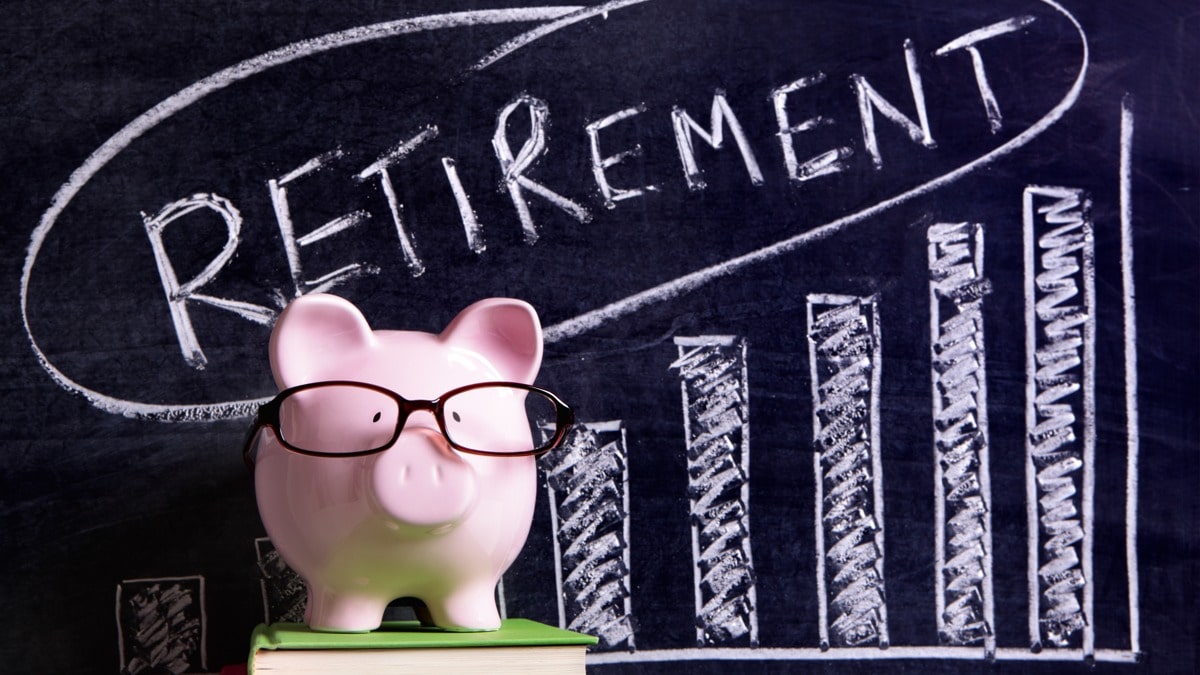


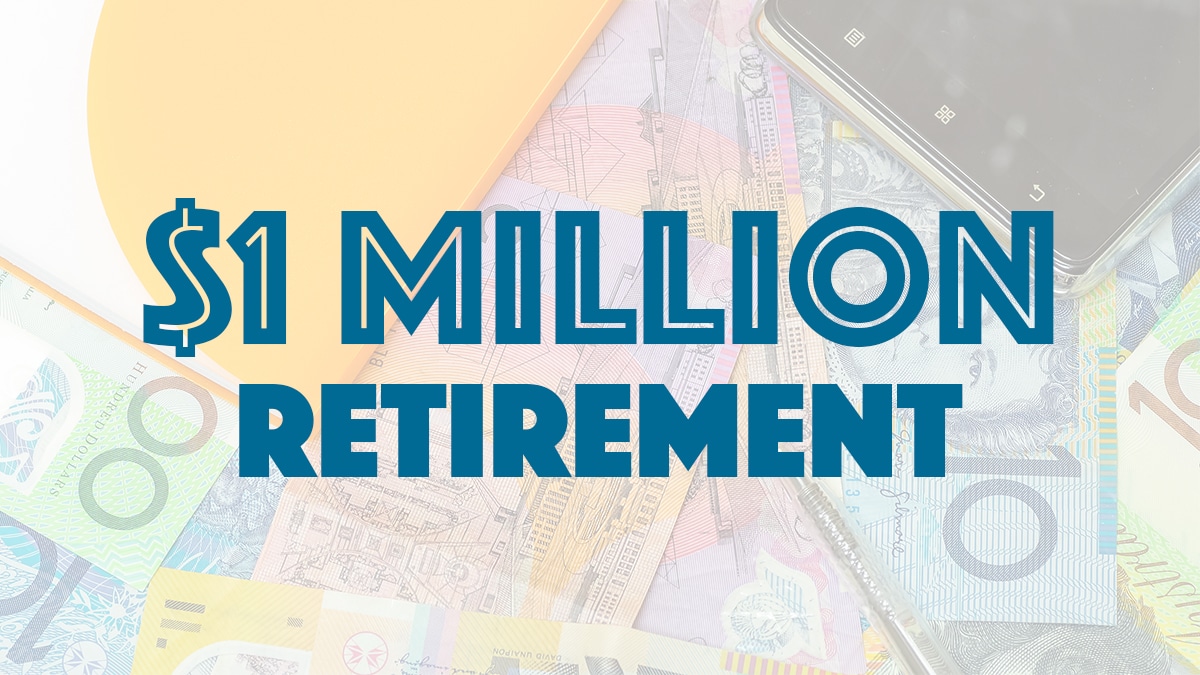
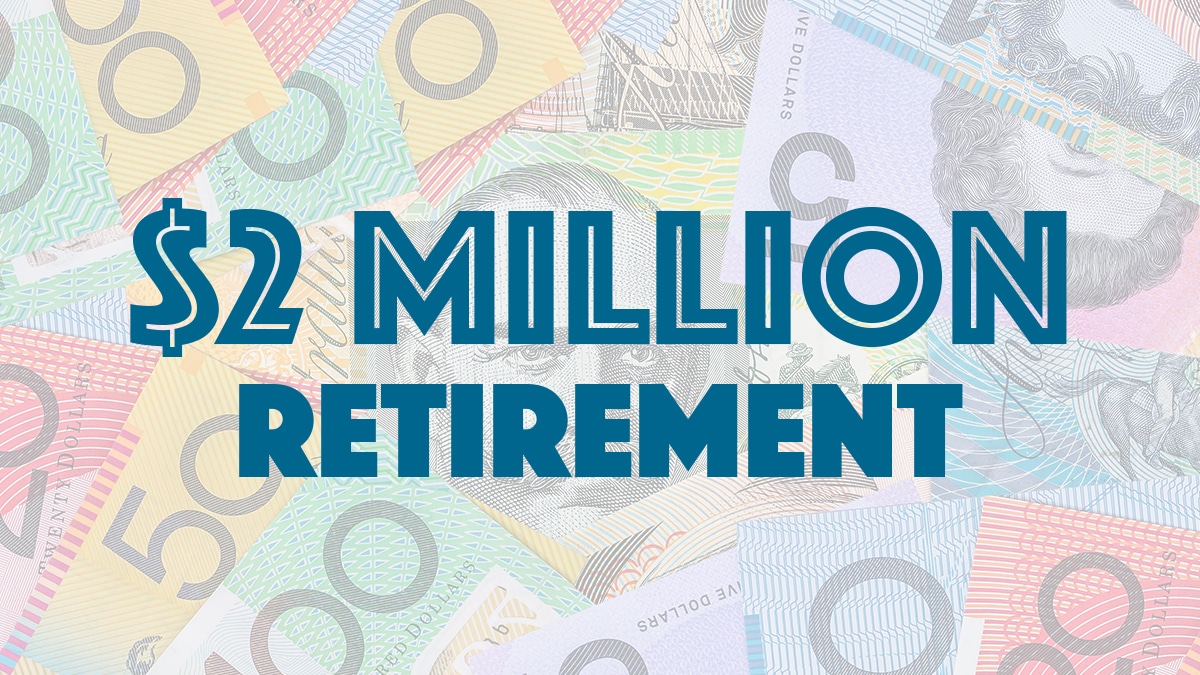

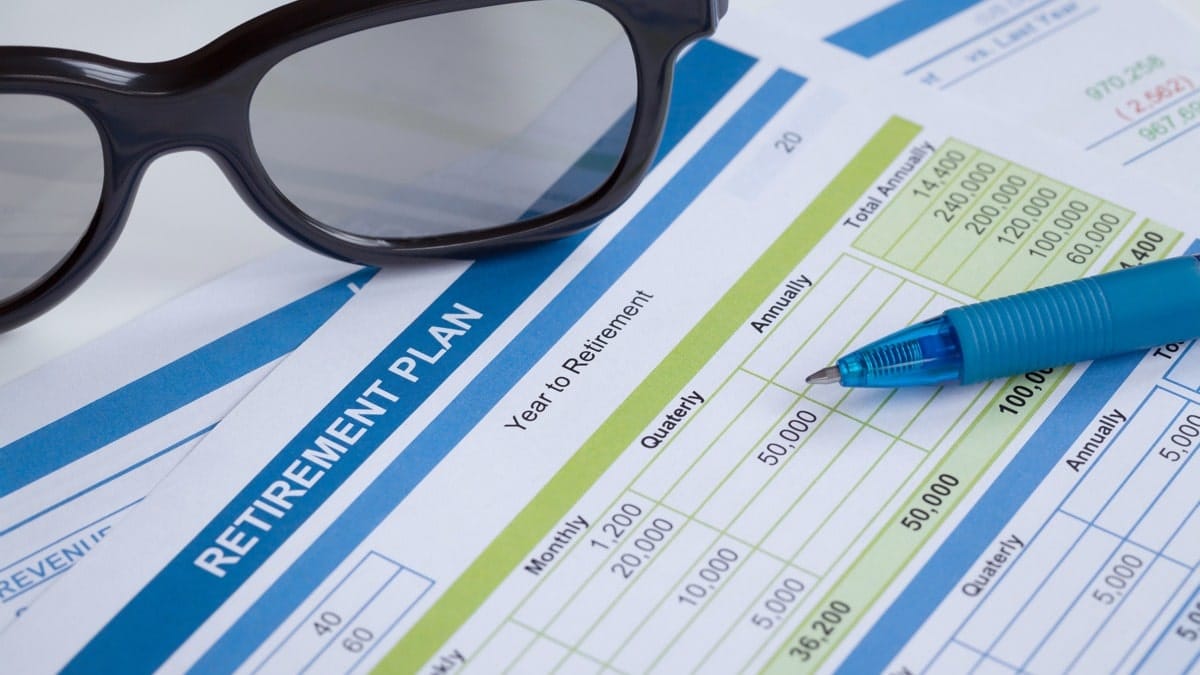

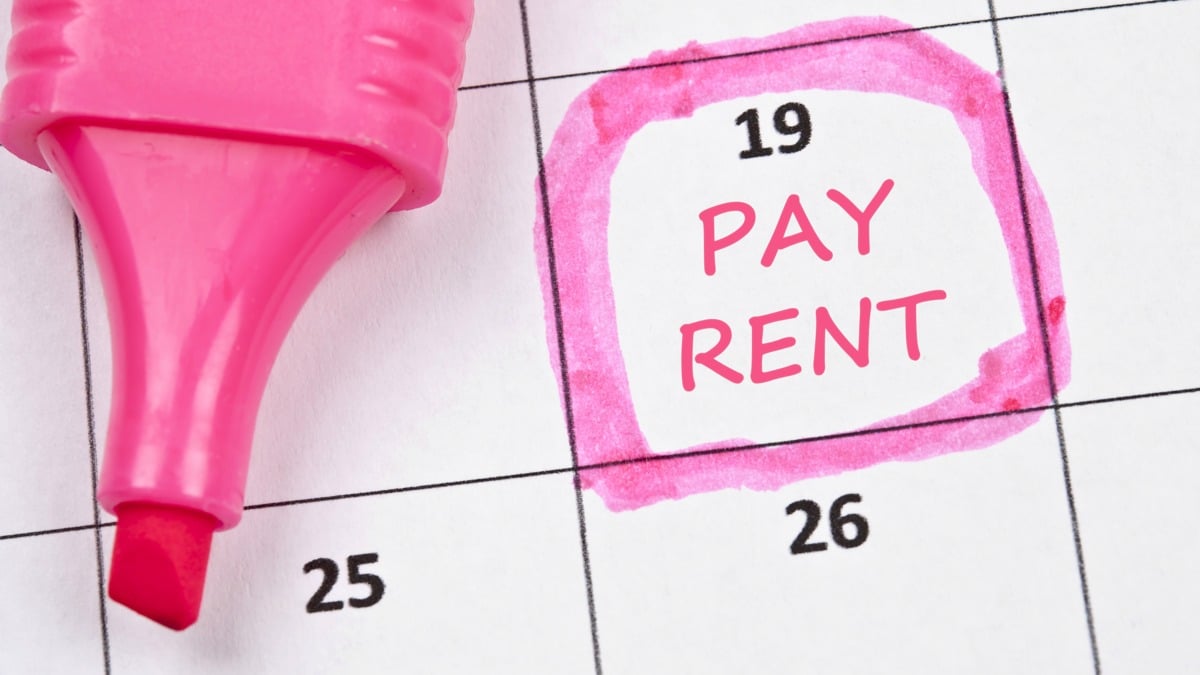




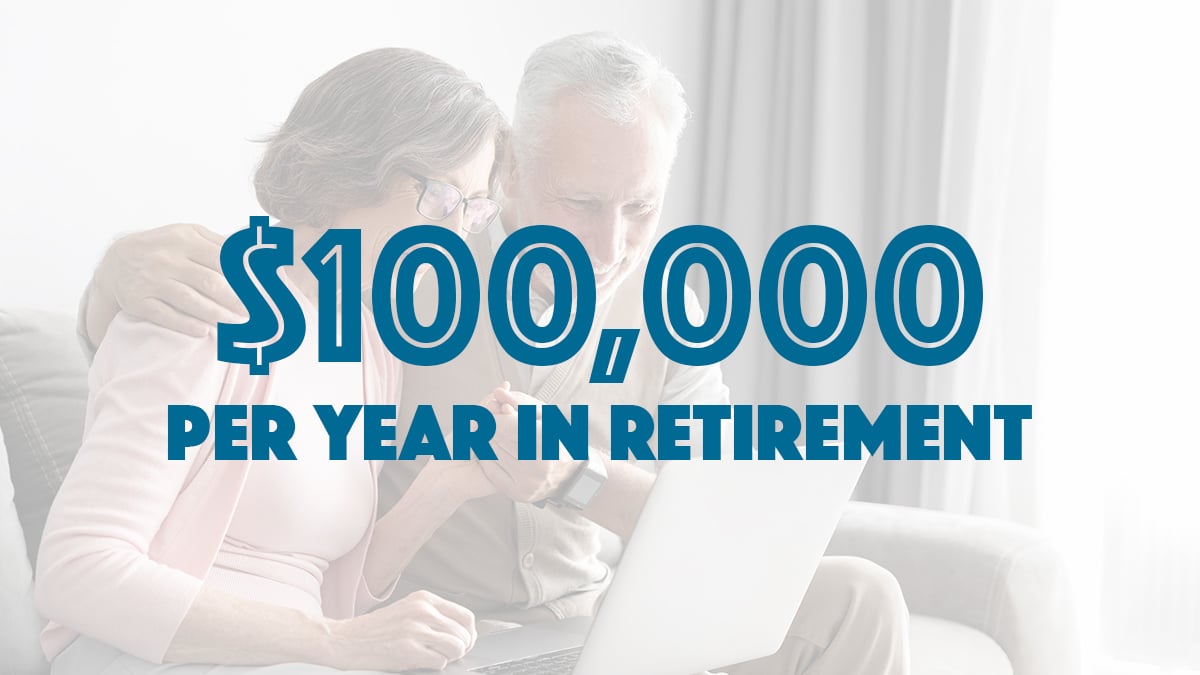
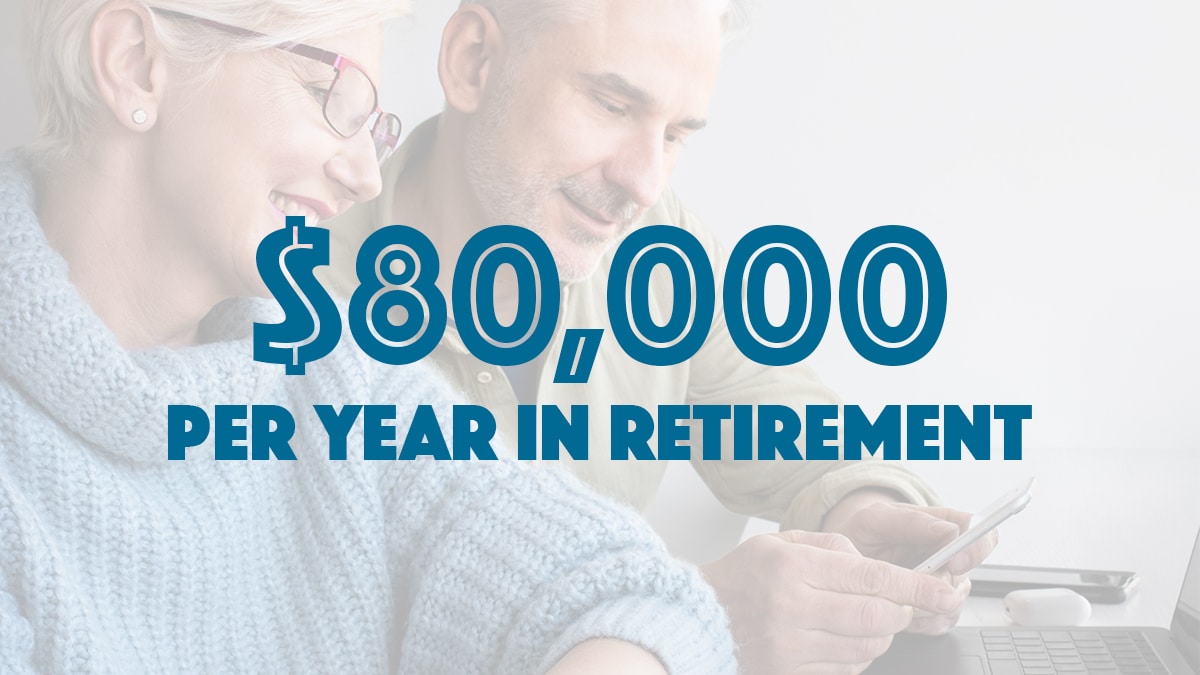
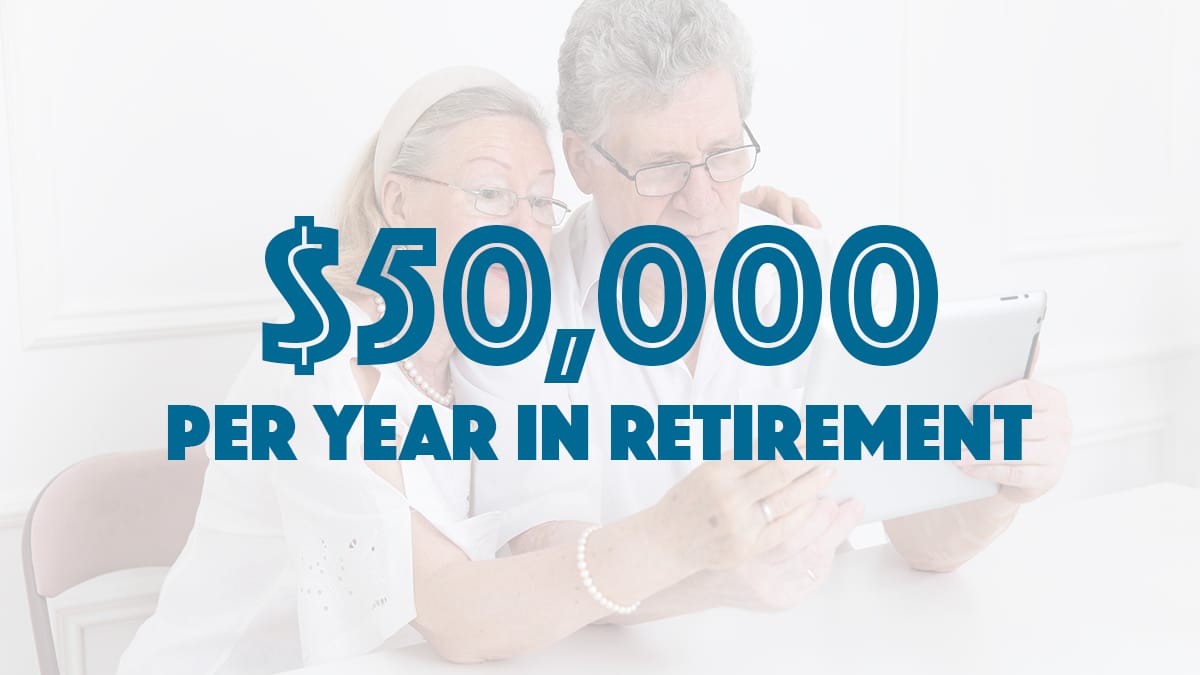
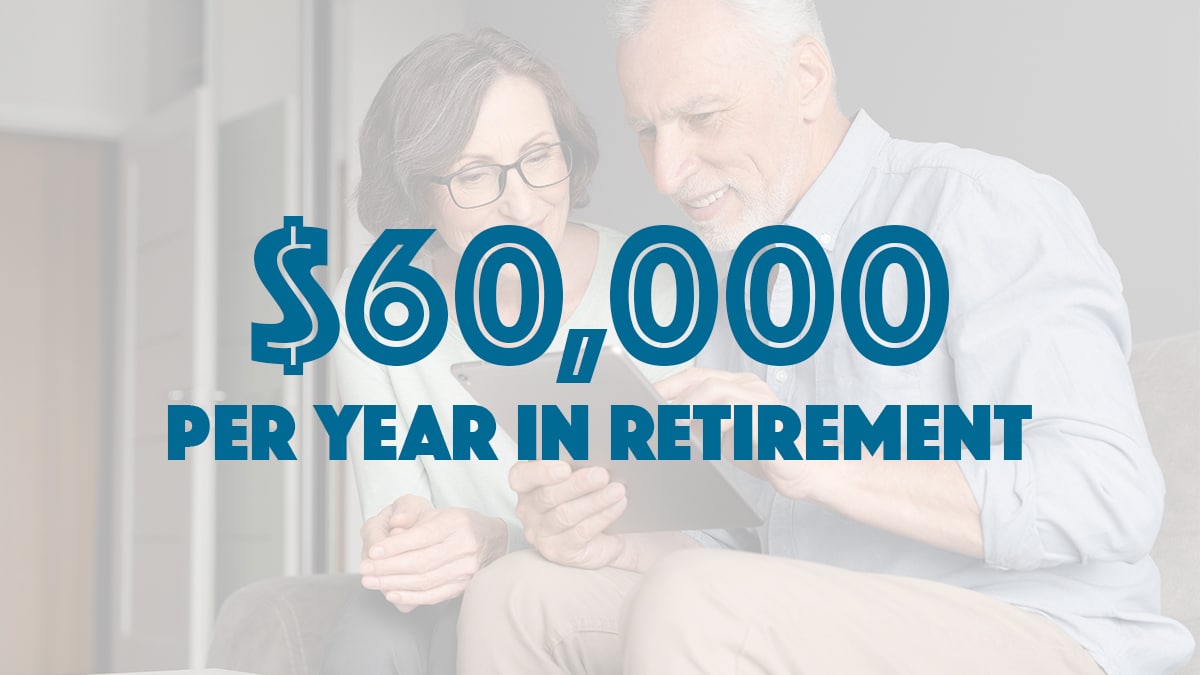






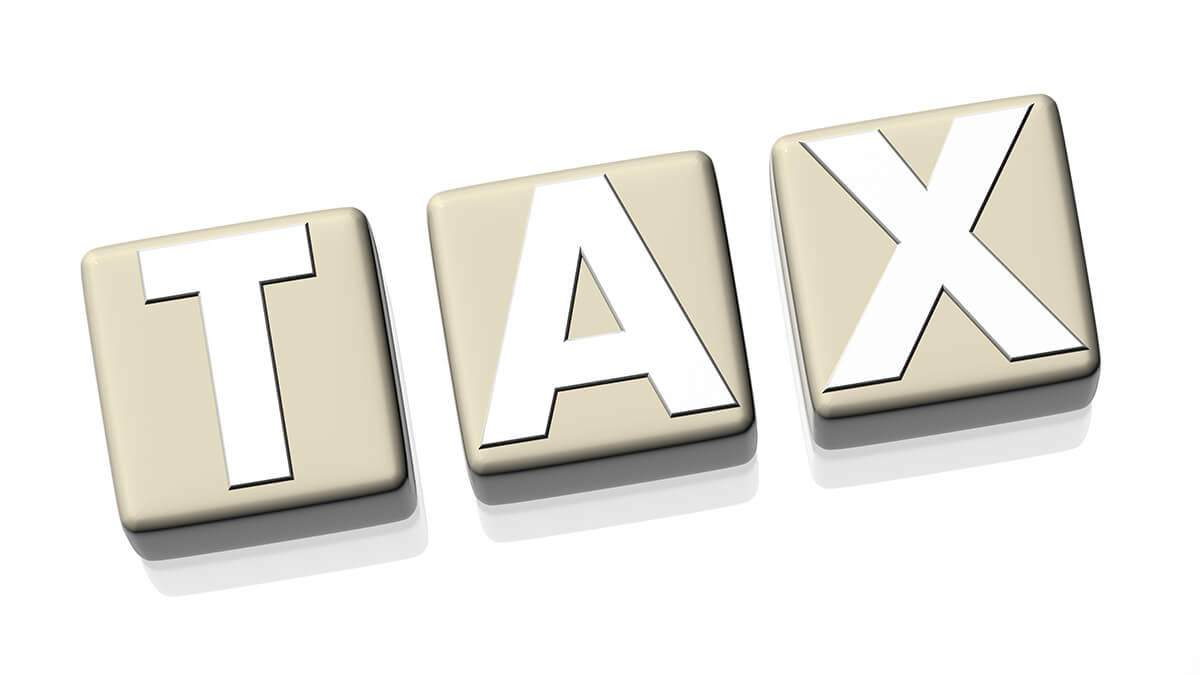




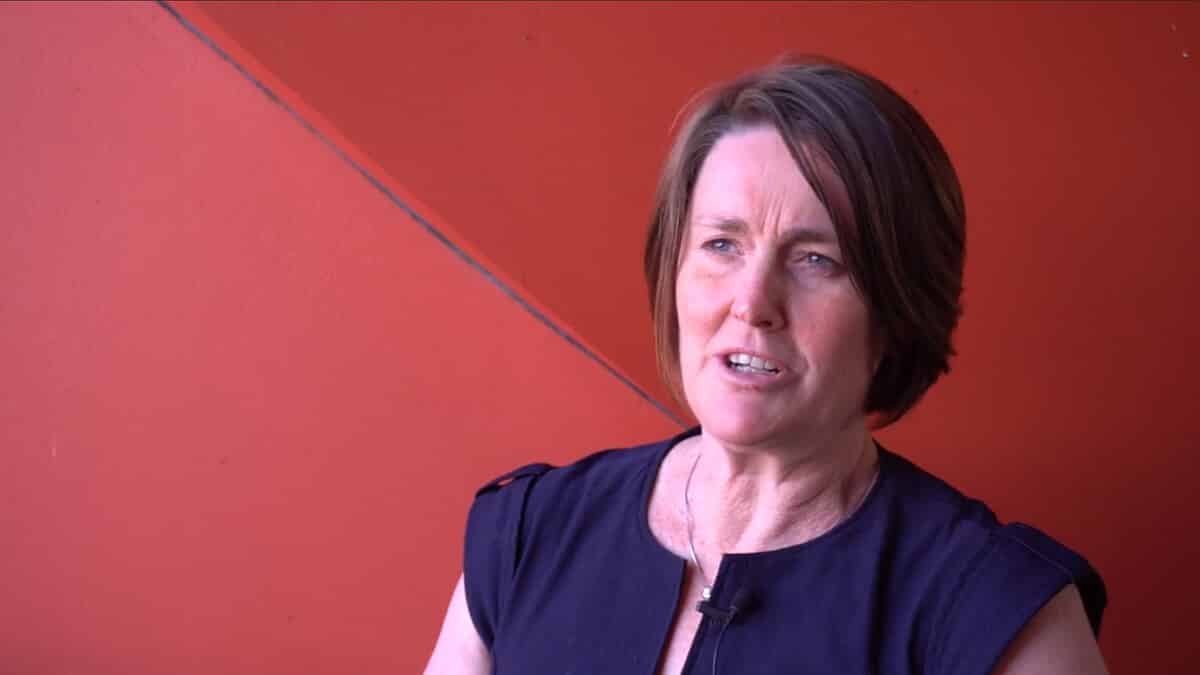
If I have assets worth $300,000 – including Superannuation ( I am a single person) how much will my Aged Pension be reduced by approximately. I believe I can have up to $250,000 and claim the ‘FULL’ pension. How much is deducted for the $50,000
Hi Judy – We recommend you review the following articles and calculator:
Best wishes
The SuperGuide team
Gee great website ,,, Really hard to find answers to simple questions ,, Everything answered here in easy to understand language and format ,, Well done